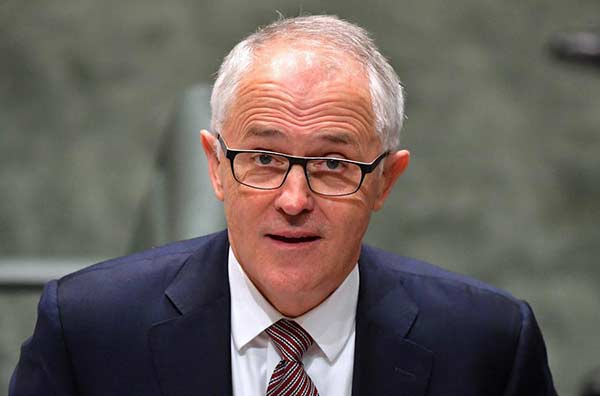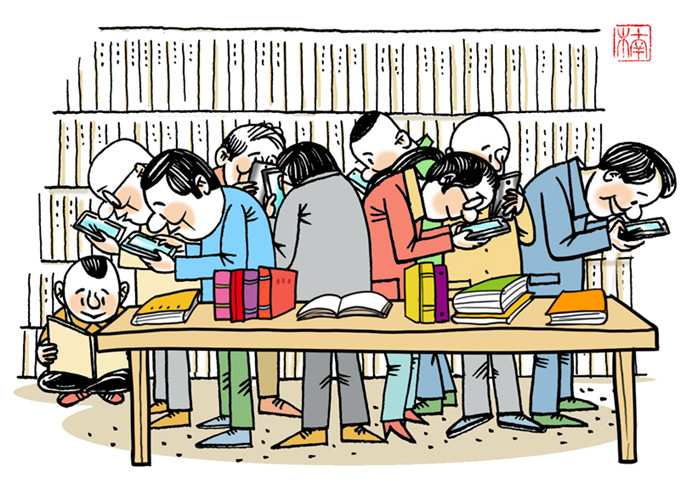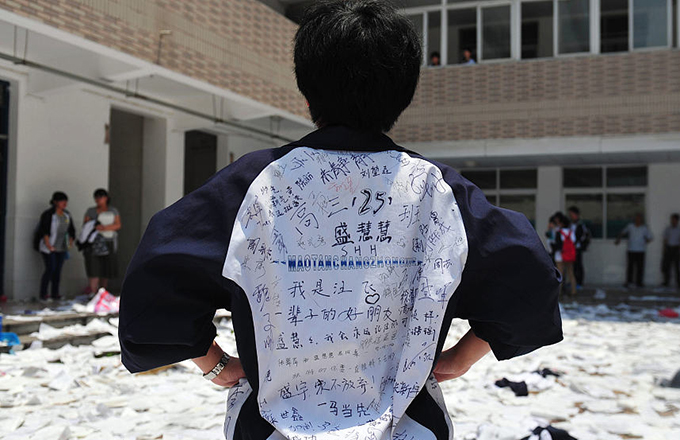Australia's groundswell of bias counterproductive
 |
|
Australian Prime Minister Malcolm Turnbull reacts as he arrives in the House of Representatives at Parliament House in Canberra, Australia June 15, 2017. [Photo/Agencies] |
That Australian Prime Minister Malcolm Turnbull labeled China a "frenemy" at an event last year was leaked by Australia's Fairfax Media on Friday shows some in Australia are intent on trying to disrupt the generally rosy picture of bilateral cooperation by continuing to whip up anti-China sentiment.
In the past few weeks, Australian media have used unfounded evidence and wild speculation to accuse China of trying to expand its political influence in Australia, trying to "instigate China panic" as Chinese Ambassador to Australia Cheng Jingye noted earlier last week.
Turnbull himself has joined the chorus of bias against China, and his speech addressing the Shangri-La Forum in Singapore early this month has been cited as proof he is adopting a tougher stance toward China.
Such a worrying trend has naturally aroused concerns in China and prompted doubts about Canberra's sincerity in promoting meaningful interaction with Beijing. If the trend continues, it will no doubt put a brake on the current good momentum in bilateral cooperation, which will only do a disservice to the interests of both sides.
The current groundswell of China-bashing in Australia stems from those Australians still clinging to an outdated zero-sum mentality, those who have bought into the US' strategy to contain China.
Indeed, it is Australia's role in the US' alliance system in the region that has resulted in it suffering from schizophrenia, since it is finding it increasingly difficult to maintain a balance between its most important ally on the one hand and its biggest trading partner on the other.
The long-time and deep-running US influence in their country means some narrow-minded Australians and biased media do not want to see China's economic influence in Australia rising.
However, Australian politicians and media need to understand developing a constructive and growing relationship with China, and realizing the opportunities of what Australia itself has identified as the Asian century, serves the best interests of their country and contributes to the stability and development of the region at large.
Right now, the wide global support being offered to the China-proposed Belt and Road Initiative should help dispel any ill-grounded suspicions it may have of Beijing's strategic intentions in the region and beyond.
The Australian leader should show political wisdom and vision by playing his part in building an objective and fair public perception of China in his country, which is the essential foundation for bilateral ties to grow healthily and exert a positive influence on regional peace and development.





















